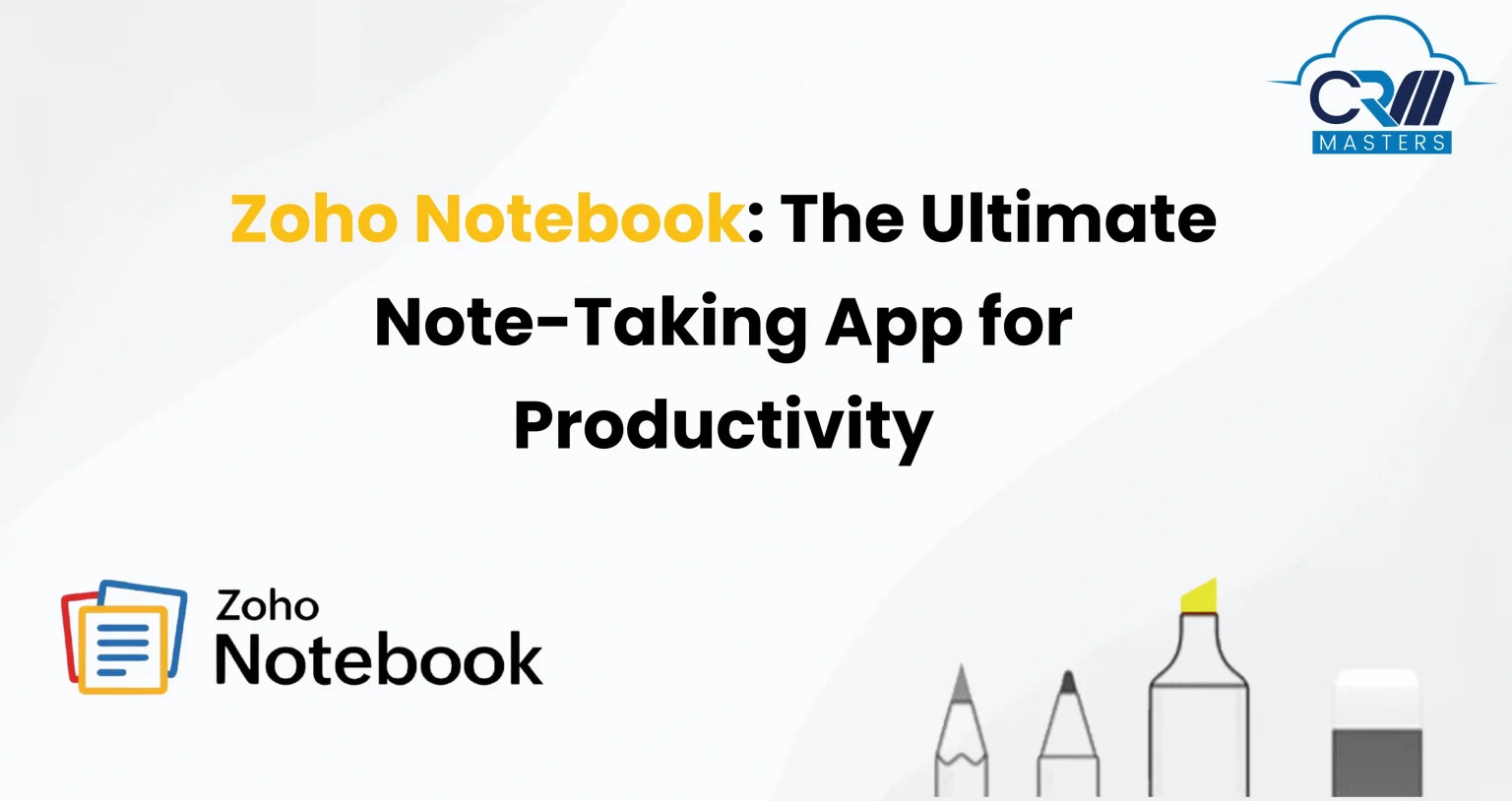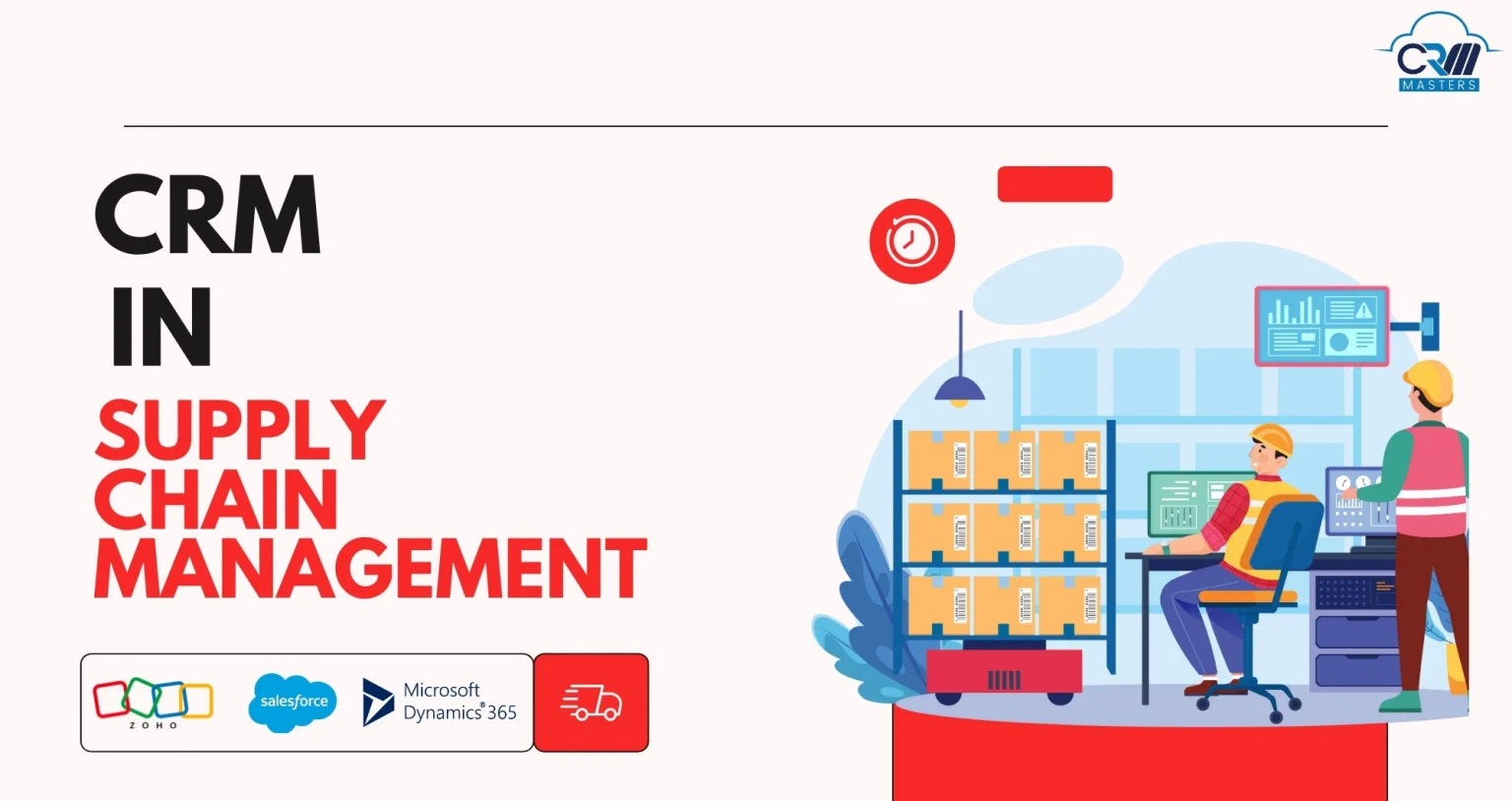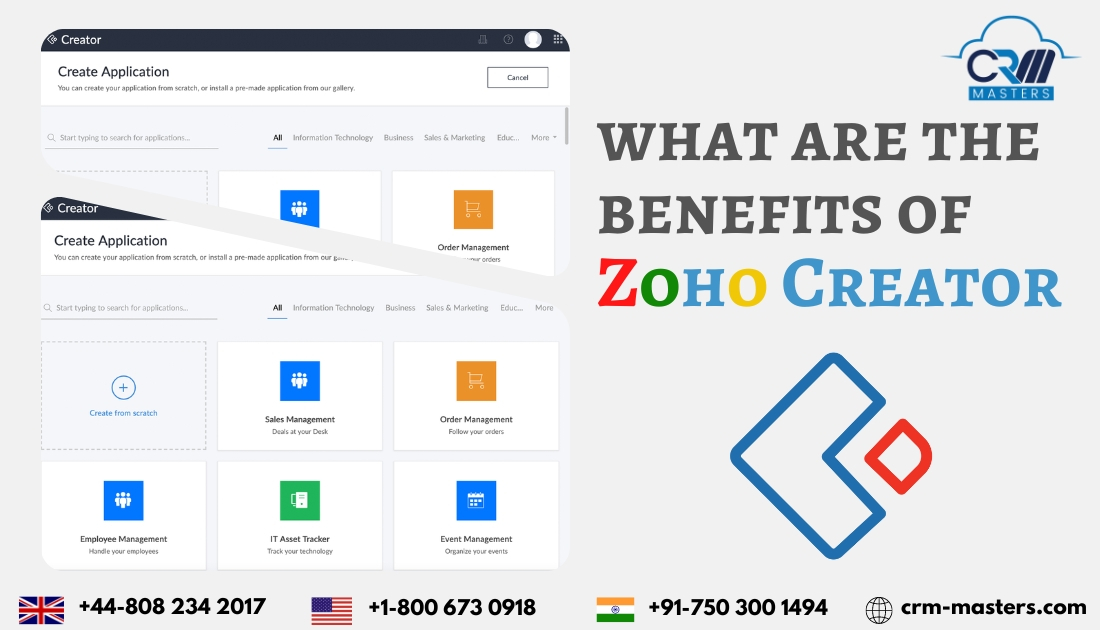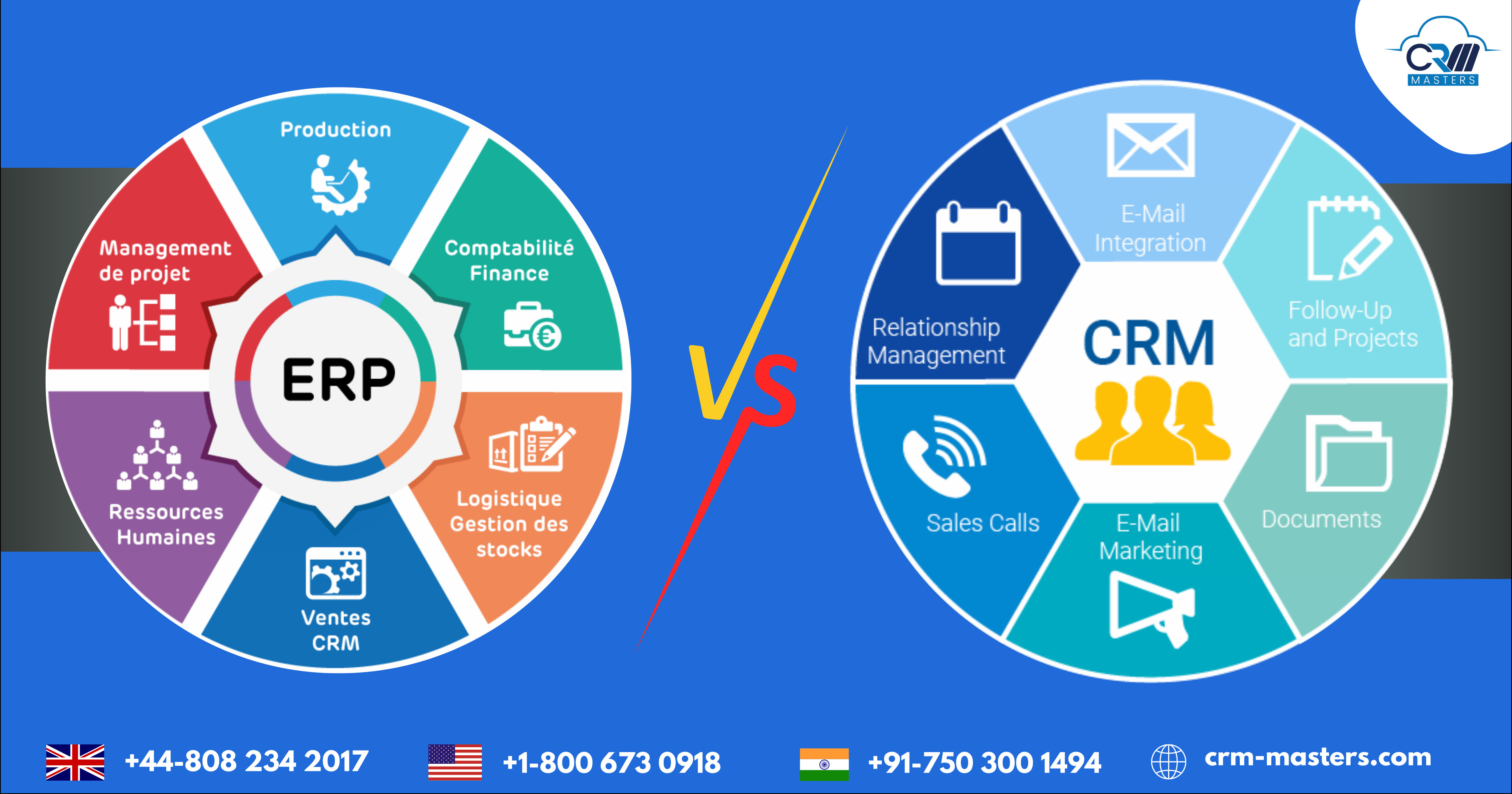What is Law CRM & Why Legal Firms Need it?

Strong 8k brings an ultra-HD IPTV experience to your living room and your pocket.
Law firms require a detailed, oriented approach, as managing cases, appointments, maintaining client data, and meeting deadlines – all of this can quickly become overwhelming without the Law CRM. That’s where a customer relationship management system customised for law firms steps in.
If you’re a legal professional wondering how a Law CRM can fit into your workflow, streamline your practice, and even improve client satisfaction, you’re in the right place. Let’s break down the practical benefits of using a legal CRM, especially for small to mid-sized law firms.
Why Law Firms Need CRM?
Unlike traditional businesses, law firms don’t just deal with customers—they manage complex legal matters tied to sensitive personal or business issues. Clients expect swift action, clear communication, and trustworthiness.
A CRM helps law firms by:
Organising all client information in one place.
Tracking the progress of legal matters efficiently.
Ensuring no lead or client slips through the cracks.
Improving response time through structured workflows.
More detailed points are given below:
1. Centralized View of Your Legal Practice
Imagine having every case detail, client note, appointment, and communication stored in one dashboard. That’s what a legal CRM offers—a single window to view everything that matters.
Instead of switching between spreadsheets, inboxes, and sticky notes, legal professionals can access all information from a unified system. This ensures better collaboration among team members and faster access to case data when it’s needed most.
2. Pipeline Management
Law firms don’t sell products, but they do manage legal matters that move through stages, such as client intake, consultation, case preparation, hearings, and closure. With a pipeline view, you can:
Visualize every active case and its current stage.
Quickly identify bottlenecks or pending tasks.
Manage multiple legal matters simultaneously.
3. Centralised Data Management
Keeping track of individual clients, businesses, and their legal history can be messy without a structured system. This not only improves personalization but also ensures that you’re always prepared, whether you’re speaking with a long-term client or a new prospect.
Legal CRMs allow you to create dedicated client profiles that include:
Contact information
Case details
Communication history
Appointment records
4. Schedule Management Made Easy
Instead of using separate tools to manage your calendar and tasks, your CRM becomes your central productivity hub. In a busy law firm, time management is key. A CRM simplifies scheduling by offering:
Task management (like document drafting or client follow-up).
Calendar integration for meetings.
Notifications for upcoming deadlines.
Options to schedule video calls directly from the system.
5. Real-Time Dashboards for Performance Insights
How many cases have you closed this month? Which type of services are most in demand? Are you following up on all inquiries?
Law CRM comes with customisable dashboards that turn data into visual reports. This insight helps you make data-driven decisions to grow your firm efficiently.
From bar charts to tables, you can track performance metrics such as:
Lead conversion rates.
Case closure timelines.
Billing and invoicing summaries.
Which CRM Is Right for Your Law Firm?
Choosing the right CRM isn’t just about features—it’s about finding the perfect fit for your law firm’s size, practice area, and workflow. The good news? You’ve got options.
Zoho CRM is a popular choice among small to mid-sized law firms due to its affordability, user-friendly interface, and powerful automation features. Plus, it integrates smoothly with other tools like email, calendars, and document storage. Hire a Zoho Implementation Partner to implement or integrate Zoho services for the best guidance.
Salesforce, on the other hand, is ideal for larger firms or those looking for deep customisation. Its flexibility allows law practices to create tailored workflows, detailed reporting, and client-specific experiences, though it may require a dedicated team or partner for setup and management.
If you’re looking for something simple and law-specific, Clio or Lawmatics are great options built with legal professionals in mind. These platforms come pre-loaded with features like case tracking, billing, intake forms, and document management.
Book your free consultation call now!
If you want to know more visit the original source : What is Law CRM & Why Legal Firms Need it?
Note: IndiBlogHub features both user-submitted and editorial content. We do not verify third-party contributions. Read our Disclaimer and Privacy Policyfor details.







